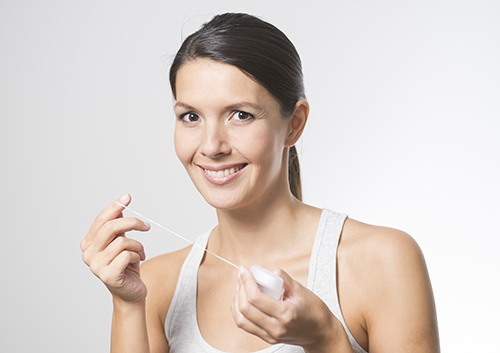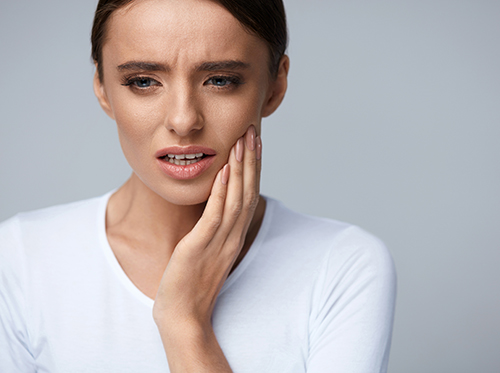
There are some things we just don’t miss about being a kid. Getting grounded? A thing of the past. Curfew? Not happening. Confiscating our cell phones? As if. Cavities? While we’d like to think those are also a part of childhood we can happily leave behind, unfortunately, the potential for cavities is one thing we never outgrow.
If you are keeping up a healthy dental routine, you know that two minutes careful brushing and flossing twice a day, a sensible diet, and regular checkups and cleanings are the best way to keep cavities from ever developing. But adults face other challenges that children might not. What else should we look out for?
- Over-Enthusiastic Brushing
Brushing too vigorously, or using a brush with hard or even medium bristles, can actually damage our teeth over the years. Enamel, as hard as it is, can erode, leading to the potential for decay, and gums can be pushed away from the lower part of our teeth, which are not covered by enamel. Talk to us about the gentle way to clean bacteria and plaque from your teeth while protecting your enamel and gums.
Whether due to gum disease, improper brushing, genetic factors, or other causes, we often see gum recession as we age. This is not just an aesthetic problem—gum recession leaves the root area of our tooth exposed to plaque and bacteria. Because this part of our tooth is not protected by enamel, there is a greater risk for decay in this newly exposed area. Also, pockets between the teeth and gums can be home to infections which lead to more serious problems. We will examine the condition of your gums at every checkup, and are happy to suggest the best solutions for keeping your gums their healthiest.
Over time, fillings can become loose or damaged, allowing the bacteria that cause cavities to enter spaces within the tooth you cannot brush or floss. This is a problem we can catch at a regular checkup, but if you notice a damaged filling, lose a filling, feel sensitivity around a filled tooth, or have any other concerns, call us. Prompt replacement will stop decay before it leads to a more serious problem.
A busy schedule can lead to unhealthy diet choices. Not just sugars, but acidic foods (like sodas, coffee, and wine) and carbs (which break down into sugars) can leave teeth more vulnerable to decay. Physical changes (working out, new medications and medical conditions) can lead to dry mouth, which creates a bacteria-friendly environment that can lead to tooth decay. Stress can have consequences such as weakened immune systems, tooth grinding, and unhealthy eating habits, all of which can lead to a higher risk of cavities.
Call our Appleton, WI office if you have any dental concerns. And talk to Dr. Dale Scharine and Dr. Alissa Edwards about the changes in your life that might leave you more vulnerable to cavities or impact your overall dental health. We have suggestions and solutions for this phase of your life to protect and preserve that wonderful smile you had as a child. And that’s a great result at any age!





 Website Powered by Sesame 24-7™
Website Powered by Sesame 24-7™